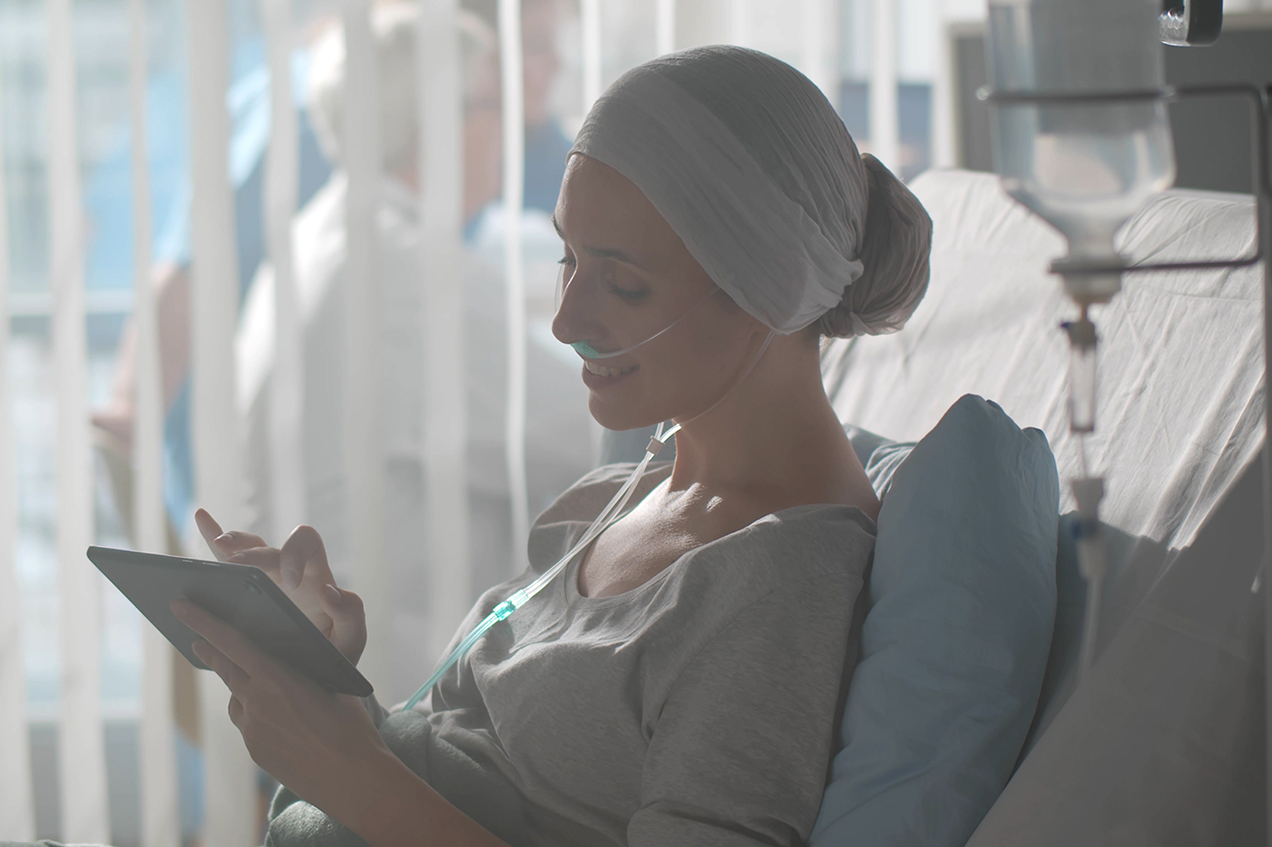USC Norris Comprehensive Cancer Center now offers patients with lymphoma and leukemia access to a new class of treatment known as CAR T-cell therapy.
CAR (chimeric antigen receptor) T-cell therapy is unlike any other treatments currently available for cancer patients. The procedure involves taking blood from the patient and separating out T cells, a type of white blood cell. These cells undergo a process in a laboratory that helps them to recognize and kill cancer cells.
The altered T cells are reintroduced into the patient’s bloodstream after the patient has a short course of chemotherapy. Though relatively new, CAR T-cell treatments have shown great promise for patients with certain forms of leukemia and lymphoma that have not responded to standard chemotherapy.
“The response rates have been impressive,” said Preet Chaudhary, MD, PhD, chief of the Jane Anne Nohl Division of Hematology and Center for Blood Diseases. Though CAR T-cell therapy cannot be used to treat all patients with leukemia or lymphoma, it has brought some patients’ cancer into remission. “For some patients, this could be a potential cure.”
Chaudhary added that CAR T-cell therapy also can be used to help some patients get healthy enough to have a bone marrow transplant.
“In order to have a bone marrow transplant, patients need their disease to be well-controlled or in full remission, and we believe CAR T-cell therapy can be a bridge to get some patients to transplant,” said Chaudhary, who is also director of the USC Blood and Marrow Transplant and Cell Therapy program, which, notably, has the best survival rate among adult allogeneic transplant programs in the nation, according to the 2020 Center for International Blood and Marrow Transplant Research (CIBMTR) Report.
Chaudhary noted that he hopes to offer additional types of CAR T-cell therapies soon, including therapies under development by researchers in the Jane Anne Nohl Division of Hematology and Center for Blood Diseases.
“We believe the next-generation CAR T-cell technology we have been developing at USC is going to be even more effective, safer and have wider applications, meaning it will be used to treat a broader range of patients with cancer, including patients with solid tumors,” Chaudhary said.
“CAR T-cell is at the cutting-edge of cancer treatment, and making it available at USC Norris is a huge win for our patients,” said Steven Grossman, MD, PhD, physician-in-chief at USC Norris.
To make an appointment, contact Stephanie Rupit-Venegas at (323) 865-3741 or stephanie.rupit-venegas@med.usc.edu.
— Hope Hamashige


